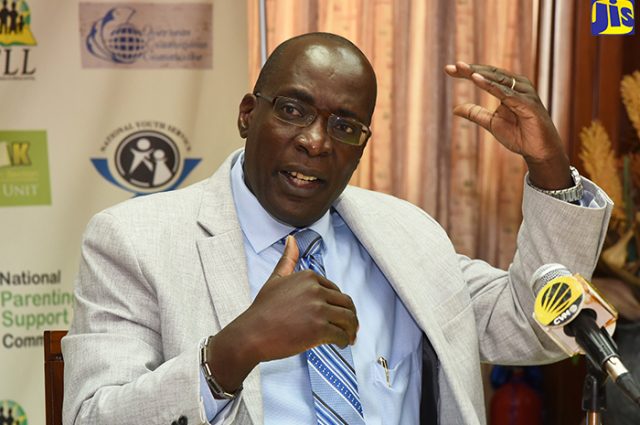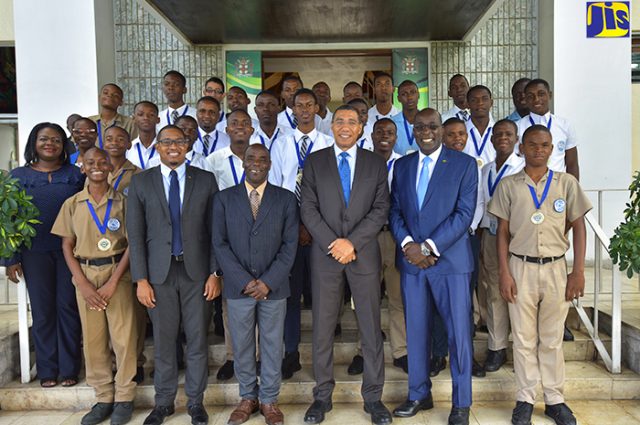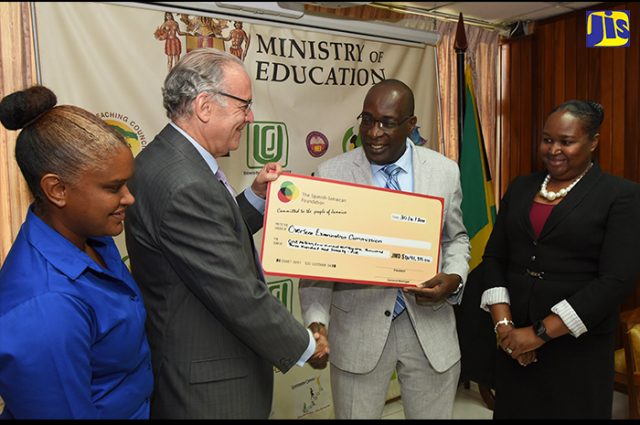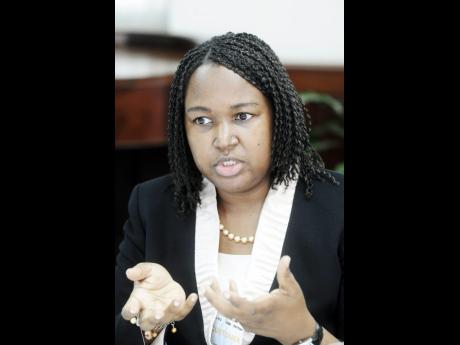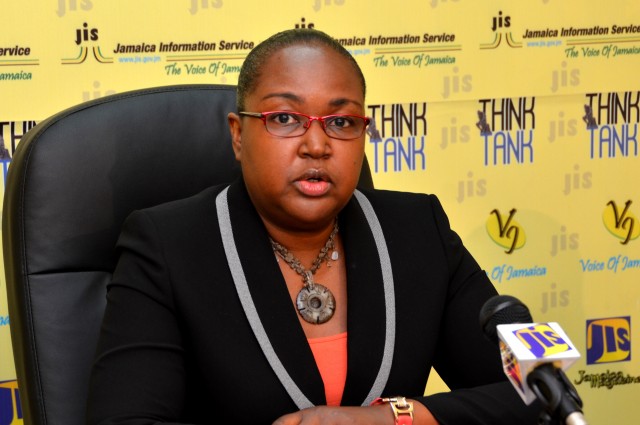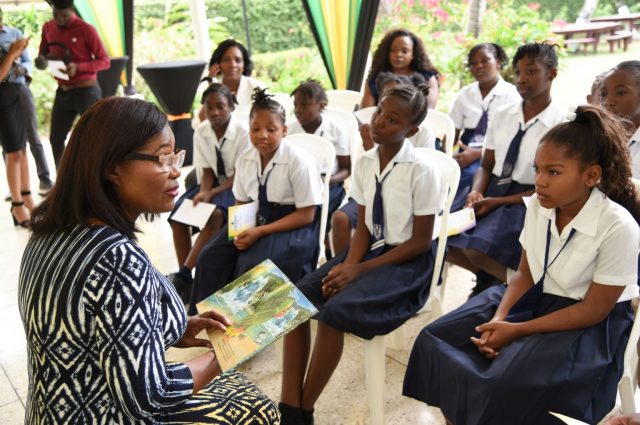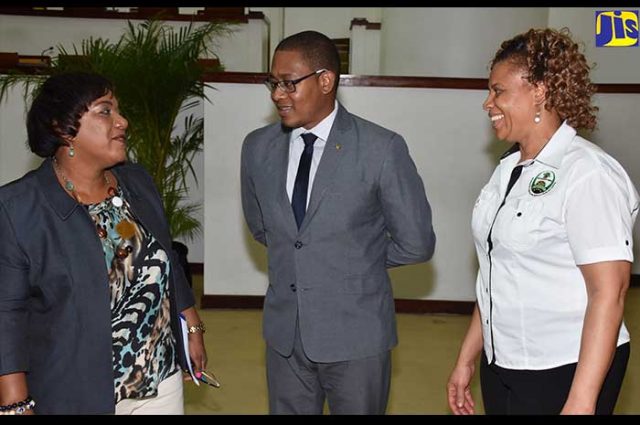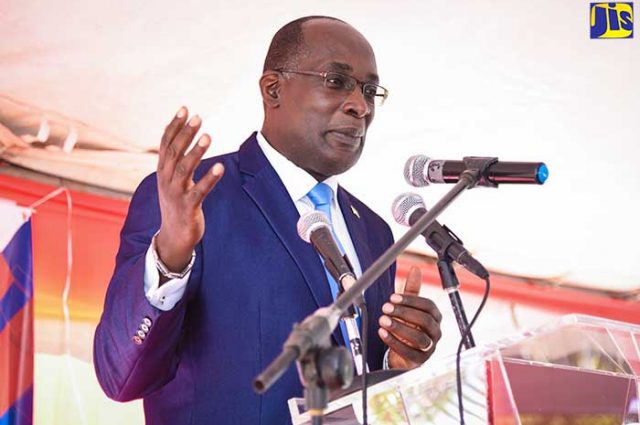JIS: Minister of Education, Youth and Information, Senator the Hon. Ruel Reid, has called on students who intend to pursue tertiary-level education at universities in Jamaica to plan for their tuition fees and to enrol in the Jamaica Values and Attitudes (JAMVAT) programme for tertiary students.
Responding to a recent press release from the Guild of Students, University of the West Indies (UWI), Mona, which called for support from the Ministry for students who currently have outstanding fees to be granted permission to sit their final examinations in May, Senator Reid said many of these students have not taken advantage of the opportunity presented by JAMVAT.
The Minister was speaking at a press briefing at the Ministry on April 30 when he addressed the issue.
“The JAMVAT programme is ‘voluntary/supported’, where as part of contributing 200 hours of voluntary service, the Government will commit to fund up to $350,000 in tuition fees. What happened (in 2017) is that those students who were challenged in finalising, did not apply for any of these particular facilities. Nonetheless, the Government, last year, did indicate it would intervene in the matter, which we did, and we had robust discussions with all the universities and we came to an agreement,” he noted.
Senator Reid said the Ministry committed to pay a maximum of $45 million for tuition fees on behalf of 329 students, and a Service Level Agreement (SLA) was signed by the Ministry, the UWI and the Students’ Loan Bureau.
In addition to this, based on a Cabinet Decision, students who benefited from $100,000 or less were required to perform community service, which was administered through JAMVAT.
Approximately 225 students fell in this category, of which $9 million was paid.
Senator Reid said that a team from the Ministry will be meeting with the students and the UWI administration to review the agreement signed last year.
He said while the Ministry is willing to assist the students in whatever way it can, “we must all be mindful that students have a personal responsibility to create a plan towards paying for the completion of their degree… and that the UWI has its responsibilities and obligations to meet as well”.
“We were in Barbados on Friday (April 27) dealing with matters relating to the University Council, of which the finances of the University of the West Indies were high on the agenda. The matter is so critical that we will have to reconvene and have a special meeting dealing with the overall funding of the University of the West Indies and a revision of its funding policy,” he added.
He further noted that all the Governments of the region are at one with the current funding model being revised.
“What we are committed to is to ensure that students across the region are not disenfranchised. The Government will do all it can to assist the students who wish to pursue higher education,” the Minister said.
CAPTION: Minister of Education, Youth and Information, Senator the Hon. Ruel Reid, addresses a press conference at the Ministry on Monday (April 30).


